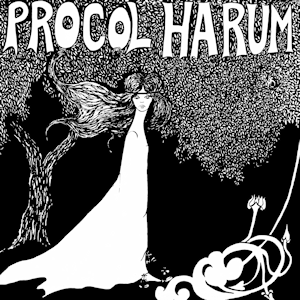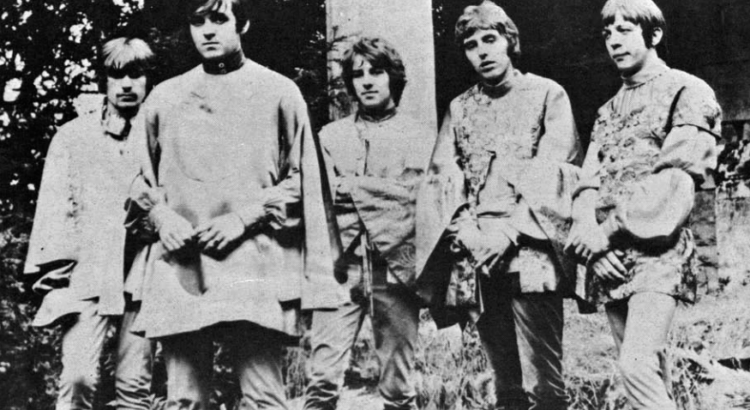(Level C1 and above: All about that famous song, A Whiter Shade of Pale) (March 2022)
1967 was a good year for office equipment and a wonderful year for music.
The first electronic handheld calculator went on sale and the Beatles released the album Sergeant Pepper’s Lonely Hearts Club Band.
It was also the year that one of most played songs in the history of pop and rock was released. The man who sang and co-wrote the music died last month. His name, Gary Brooker.
Brooker, a struggling, but determined songwriter, formed a new band with a few of his musician mates. That same month they went into a London studio. They had to borrow a jazz drummer. One of songs they recorded was called A Whiter Shade of Pale. The band called themselves Procol Harum, named after a friend’s pedigree cat, and within a few weeks the song was number one and that’s where it stayed for four months. It is one of only 30 singles that have sold more than 10 million copies.
According to the BBC radio, it is the most-played song of the last 75 years. Its whirling organ riff and out-there, psychedelic lyrics are melancholic, beautiful, sad and uplifting. It’s baroque and modern. Music for the soul.
Even the Beatles were gob-smacked. At the time, so the story goes, Paul McCartney interrupted his first date with his future wife Linda in order to rush to the DJ booth at Soho’s Bag O’Nails club, demanding to know what the hell he was playing (“God, what an incredible record,” he subsequently enthused)
“That dope song – you hear it when you take some acid and wooooh!” – John Lennon
John Lennon told a journalist friend that all current pop music was “crap” except for “that dope song, A Whiter Shade of Pale – you hear it when you take some acid and wooooh!” Lennon used to play it repeatedly on the record player fitted in his psychedelic Rolls Royce.
This was no run-of-the-mill rock song. It borrowed from/was inspired by Bach’s Air on G-String, Percy Sledge’s When a Man Loves a Woman and the lyrics reference The Miller’s Tale , the second of Geoffrey Chaucer’s Canterbury Tales, written in the 14th century.
A lot to digest in one simple song. The band’s name Procol Harum is Latin, and means “beyond these things”. In reality, the name was taken from the name of a pedigree blue Burmese cat that belonged to a friend of the musicians. It was misspelled. The cat’s name was Procol Harun.
The extraordinary lyrics, which open with the immortal two lines below, were written by Keith Reid who wrote the words for every song recorded by the group.
We skipped the light fandango
Turned cartwheels ‘cross the floor

Reid was an official member of the group, despite not playing an instrument.
He also wrote the lyrics for two English language songs by the French singer Michel Polnareff in 1966 , You’ll Be On My Mind and Time Will Tell, and was co-writer for the John Farnham hit You’re the Voice.
So what’s the song about? The general consensus is that it’s a description of a drunken sexual adventure that has gone wrong.
We skipped the light fandango
Turned cartwheels ‘cross the floor
I was feeling kinda seasick
The crowd called out for more
The room was humming harder
As the ceiling flew away
When we called out for another drink
The waiter brought a tray
And so it was that later
As the miller told his tale
That her face, at first just ghostly
Turned a whiter shade of pale
She said “there is no reason”
And the truth is plain to see
But I wandered through my playing cards
Would not let her be
One of sixteen vestal virgins
Who were leaving for the coast
And although my eyes were open
They might have just as well have been closed
And so it was that later
As the miller told his tale
That her face, at first just ghostly
Turned a whiter shade of pale
And so it was that later
There have been hundreds of cover versions. Undoubtedly the greatest was recorded by King Curtis. Sublime.
- A Whiter Shade of Pale: released as a single by Procol Harum on 12 May 1967, composed by Gary Brooker and Mathhew Fisher. Lyrics by Keith Reid.
RIP: Gary Brooker.


